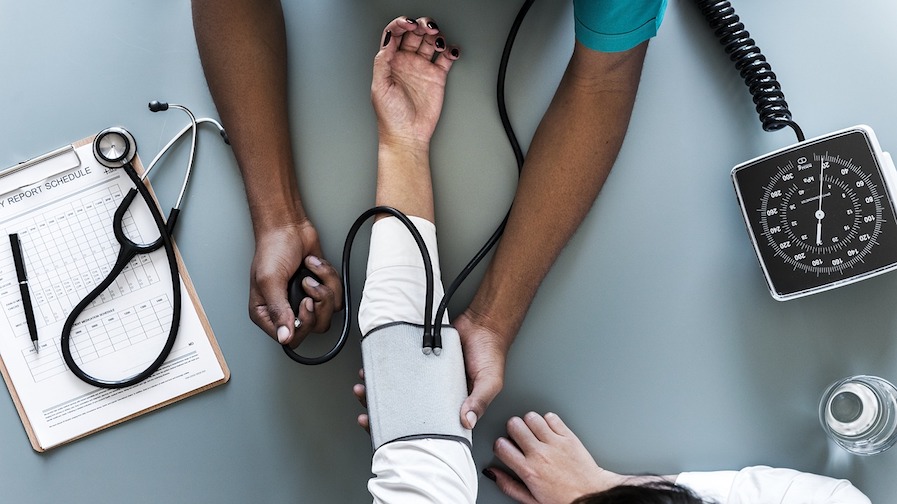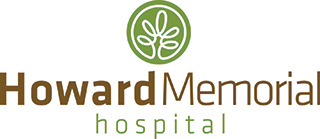Blog
What Are Your Blood Pressure Readings Telling You?

“115 over 75.” “120 over 82.” “135 over 85.” You hear numbers like these at the beginning of every exam as the blood pressure cuff is removed from your arm. But what do these readings really mean?
Let’s start with the basics. Blood pressure is recorded as two numbers:
- Your systolic blood pressure (the first number) measures the pressure in your blood vessels when your heart beats. In other words, it indicates the amount of pressure your blood is exerting against your artery walls with every beat.
- Your diastolic blood pressure (the second number) measures the pressure in your blood vessels while your heart rests between beats.
So, what is a healthy – or unhealthy – reading?
Here’s what the American Heart Association has to say.
Blood Pressure Category | Systolic |
| Diastolic | What it means (in most cases) |
Normal | Less than 120 | and | Less than 80 | Continue heart-healthy habits like following a balanced diet and getting regular exercise. |
Elevated | 120-129 | and | Less than 80 | If you have elevated blood pressure, you are likely to develop high blood pressure unless steps are taken to control the condition. |
High blood pressure Hypertension-Stage 1 | 103-139 | or | 80-89 | Your doctor is likely to prescribe lifestyle changes and may consider adding blood pressure medication based on your individual risk of atherosclerotic cardiovascular disease (ASCVD), such as heart attack or stroke. |
High blood pressure Hypertension-Stage 2 | 140 or higher | or | 90 or higher | At this stage, your doctor is likely to prescribe a combination of blood pressure medications and lifestyle changes. |
Hypertensive crisis (Consult your doctor immediately) | Higher than 180 | and/or | Higher than 120 | If your blood pressure is higher than 180/120 and you are experiencing signs of possible organ damage such as chest pain, shortness of breath, back pain, numbness/weakness, change in vision or difficulty speaking, do not wait to see if your pressure comes down on its own. Call 911. |
Knowing your numbers can help you take steps to maintain a healthy blood pressure. If you are diagnosed with hypertension, your healthcare provider can help you take control and lower your numbers.
Posted in: Health
